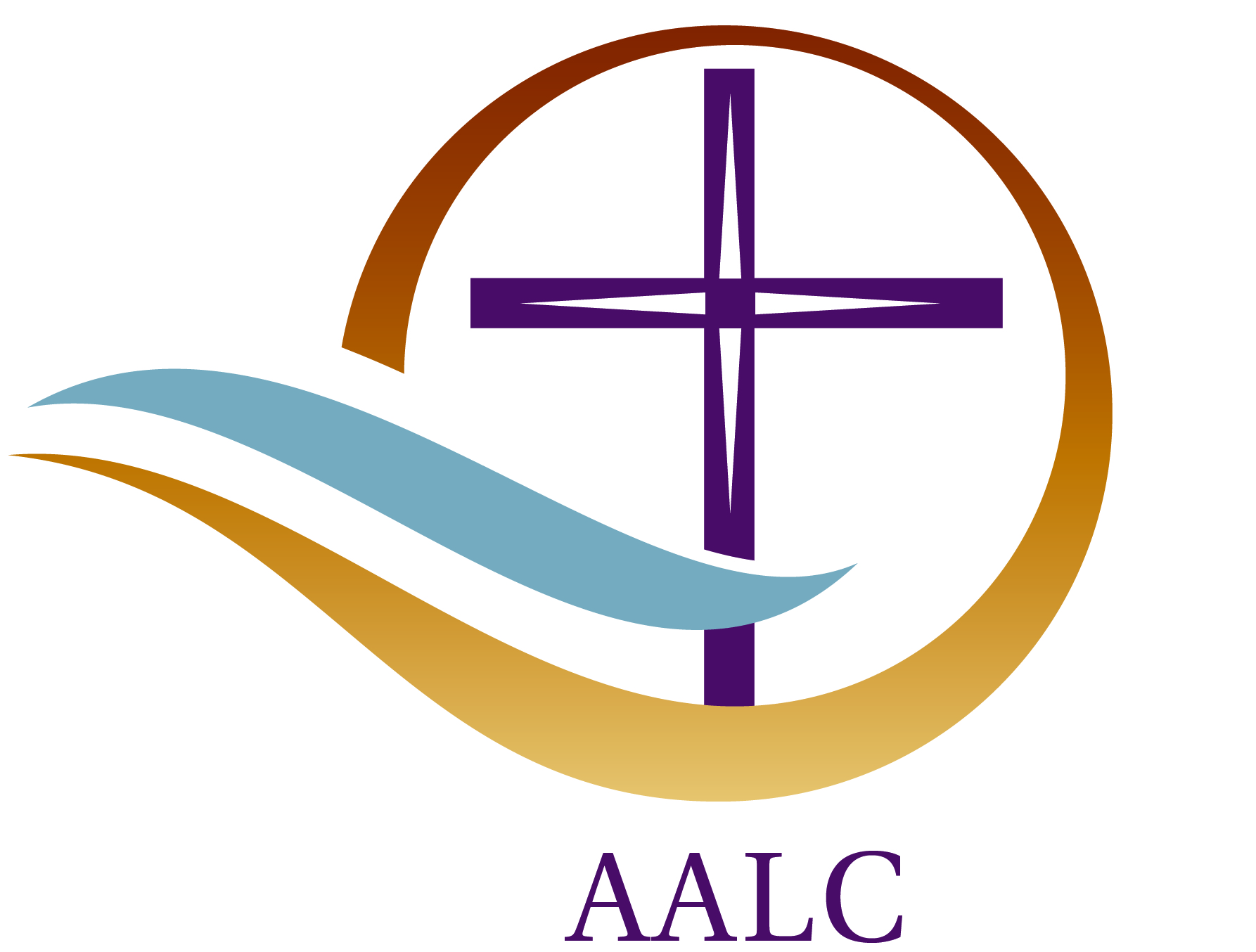February 22 is the National Holiday, historically called President’s Day on behalf of our Founding Father and first president, President George Washington, whose birthday is in February. Of late the name has been called Presidents’ Day on behalf of President Abraham Lincoln, whose birthday is also in February, and as a way of recognizing all our presidents.
Let me reflect, for a moment on President Washington and his 1796 Farewell Address. President Washington was an overwhelmingly popular figure who had led the patriots against a “foreign” enemy. He was seen as the leader who could unify the our disjointed government and bind together the states of this new, fragile union. His election was the symbol of our united hopes for a new kind of nation later described by President Lincoln in his Gettysburg Address as, “government of the people, by the people and for the people.”
So first let us recognize that after eight years as president and now with many detractors, President Washington was still so popular many hoped he would run for a third term (the was no constitutional limit at this time). There was even unground support for making him a king or royal leader for life. Instead Washington bowed out of leadership, saying, “I should now apprise you of the resolution I have formed, to decline being considered among the number of those out of whom a choice is to be made (for president).” Remember, this was the first time that the leader of any nation had stepped down to allow for a peaceful transition of leadership. Like the man, this transition was remarkable. It served as the model for all following presidents (F.D. Roosevelt alone ran for and was elected three times, but did not serve out his third term).
Now to my main point, Washington’s description of the role of religion in our nation.
First, Washington declares that there is an important role for religion in our government and our nation, “Of all the dispositions and habits which lead to political prosperity, religion and morality are indispensable supports. In vain would that man claim the tribute of patriotism, who should labor to subvert these pillars of human happiness, these firmest props of the duties of men and citizens.”
What is this vital role that is played by faith? First, Washington declares that there is a “volume . . . (of) connections” between religion and “public felicity.” Then he speaks of this one, “Where is the security for property, for reputation, for life” without “the sense of religious obligation.” Further, he states, “let us with caution indulge the supposition that morality can be maintained without religion.”
His point is not to imbue government or society with one Christian denomination or another, even with one religion or another. Rather, he declares that government and civil society cannot function (that is, respect private property, honor reputations, or care for life) without the direction and eternal motivation of religion. Religion plays an indispensable role in government and civil society informing it of values and supporting the observance of those values.
Today we are watching the drawn-out transition to elect a new president. Many of the candidates give religion a nod of approval, some are devoutly religious. But what is the role of religion in America? Our public education system has banned religion (and I’m speaking of more than a ban on prayer in the schools). Our courts have turned their back on the religious underpinnings of the nation’s system of laws. Our media has scoffed at religion’s role in the public square. The result of this new attitude, according to Washington, will be the demise of morality: the confiscation of private property (wealth or income), and neglect of respect for life.
On this Presidents Day, as we ponder our choices for leadership and as we live out our values in the public square, let us remember the values and ideals of our highly regarded first president, President George Washington, and allow God’s values to shape our morality.
Pastor Tim Cartwright
